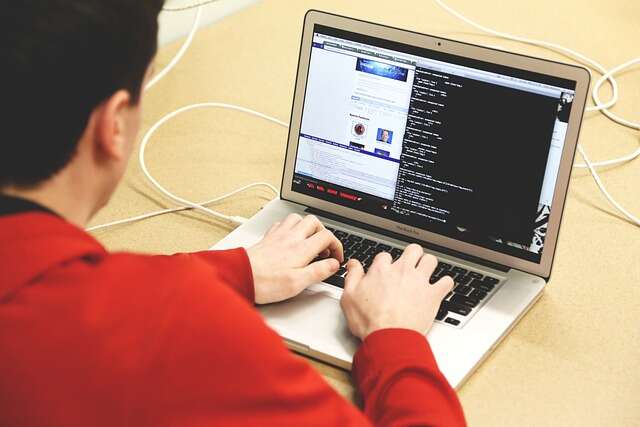HIPAA Compliance and Medical Coding
When it comes to medical coding, accuracy, and compliance are critical. But did you know that compliance with HIPAA regulations is just as important as getting the codes right? In today’s world of electronic data sharing and increased privacy concerns, understanding HIPAA compliance in medical coding is essential for healthcare providers and medical coders alike.
HIPAA, or the Health Insurance Portability and Accountability Act, is a federal law that sets standards for the privacy and security of protected health information (PHI). This law applies to all healthcare providers, health plans, and business associates who handle PHI, including medical coders.
In this blog post, we’ll dive into the world of HIPAA compliance and medical coding, exploring the regulations, procedures, and training needed to maintain compliance. We’ll also discuss the importance of accurate medical coding and the potential consequences of HIPAA violations.
Whether you’re a healthcare provider looking to ensure compliance within your organization or a medical coder seeking to improve your skills, this blog post is for you. So, let’s explore the fascinating intersection of HIPAA compliance and medical coding and learn what you need to know to succeed in this critical field.
What is HIPAA Compliance?
HIPAA compliance refers to the adherence to the regulations set forth in the Health Insurance Portability and Accountability Act (HIPAA) of 1996. HIPAA is a federal law that is responsible for establishing standards for the privacy and security of protected health information (PHI). HIPAA compliance is mandatory for all healthcare providers, health plans, and business associates who handle PHI.
The regulations in HIPAA include the Privacy Rule, which sets standards for the use and disclosure of PHI, and the Security Rule, which establishes safeguards to protect electronic PHI. The Enforcement Rule provides the mechanism for enforcing the other two rules, while the Breach Notification Rule requires covered entities to report any breaches of PHI.
HIPAA compliance is essential in ensuring the privacy and security of patient’s health information. Failure to comply with HIPAA regulations can result in significant penalties, including fines, legal action, and damage to a healthcare provider’s reputation. Therefore, it is vital for healthcare providers, employees, and business associates to be knowledgeable about HIPAA regulations and maintain compliance in their daily operations.
Importance of HIPAA Compliance in Medical Coding
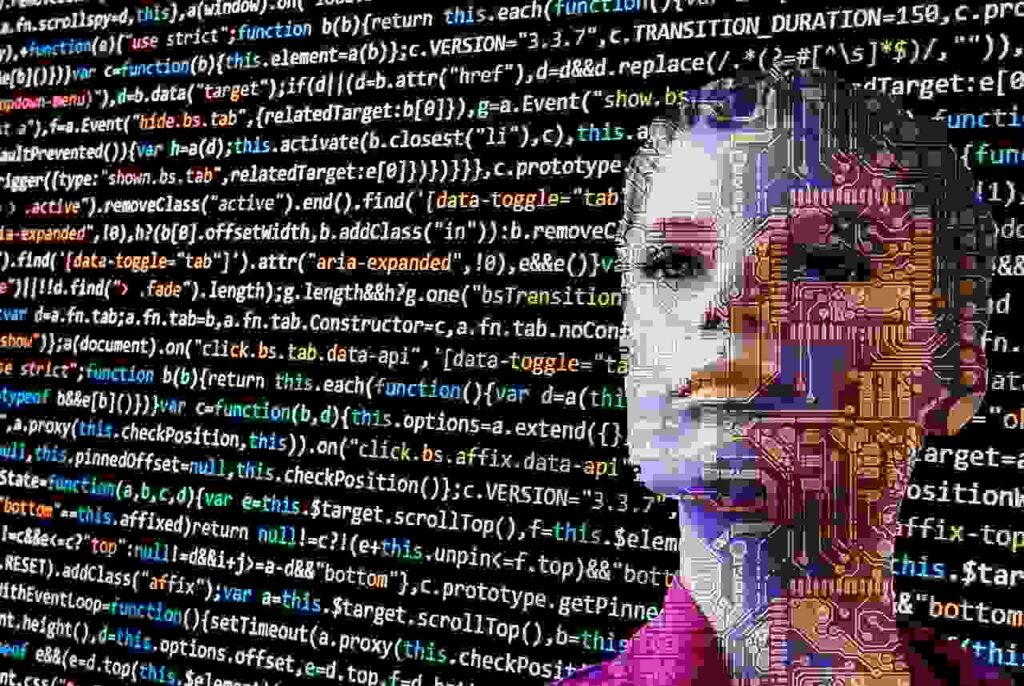
HIPAA compliance is crucial in medical coding because medical coders handle protected health information (PHI) as they translate medical diagnoses, procedures, and treatments into standardized codes. These codes are used for medical billing, insurance claims, and research purposes. As such, medical coders are responsible for maintaining the privacy and security of patient information.
HIPAA compliance ensures that PHI is protected from unauthorized access, use, and disclosure. HIPAA regulations require medical coders to follow strict guidelines when handling patient information. Medical coders must ensure that patient information is accessed only by authorized personnel, that data is securely transmitted and stored, and that PHI is properly destroyed when no longer needed.
HIPAA compliance also helps to maintain the accuracy and consistency of medical coding. HIPAA regulations ensure that medical coders have access to complete and accurate patient information, which helps to ensure that medical codes are assigned correctly. By ensuring the accuracy of medical coding, healthcare providers can ensure that patients receive appropriate care, while also facilitating timely and accurate reimbursement.
Moreover, HIPAA compliance is crucial in building trust and confidence with patients. Patients have the right to expect that their PHI will be kept private and secure. HIPAA compliance helps to ensure that healthcare providers maintain patients’ trust by protecting their privacy and ensuring the security of their health information.
In summary, HIPAA compliance is essential in medical coding because it helps to protect the privacy and security of patient information, maintain the accuracy of medical coding, and build trust with patients. Healthcare providers and medical coders must ensure that they are knowledgeable about HIPAA regulations and maintain compliance to ensure that patients’ health information is protected.
HIPAA Regulations for Medical Coding
Protected Health Information (PHI)
Protected Health Information (PHI) refers to any individually identifiable health information that is created, received, stored, or transmitted by healthcare providers or their business associates. PHI includes information such as a patient’s name, address, Social Security number, medical diagnoses, treatments, and procedures.
Under HIPAA regulations, PHI is protected by privacy and security standards to ensure its confidentiality, integrity, and availability. This means that healthcare providers and their business associates must take appropriate measures to safeguard PHI from unauthorized access, use, or disclosure.
PHI can be in any form, including paper records, electronic records, and oral communications. The privacy and security regulations under HIPAA apply to all forms of PHI, regardless of the format.
It’s important to note that not all health information is considered PHI. For example, health information that has been de-identified, meaning that it cannot be used to identify an individual, is not considered PHI and is not subject to HIPAA regulations.
In summary, Protected Health Information (PHI) is any individually identifiable health information that is created, received, stored, or transmitted by healthcare providers or their business associates. PHI is protected by privacy and security regulations under HIPAA to ensure its confidentiality, integrity, and availability.
HIPAA Privacy Rule
The HIPAA Privacy Rule is a set of regulations under the Health Insurance Portability and Accountability Act (HIPAA) that establishes standards for the use and disclosure of Protected Health Information (PHI). The Privacy Rule applies to healthcare providers, health plans, and their business associates who handle PHI.
The Privacy Rule provides patients with important rights over their PHI, such as the right to access their health information, the right to request corrections to their health information, and the right to request a copy of their health information. The Privacy Rule also limits the ways in which healthcare providers and health plans can use and disclose PHI, requiring them to obtain written authorization from patients in certain circumstances.
The Privacy Rule requires healthcare providers and health plans to implement appropriate administrative, physical, and technical safeguards to protect PHI from unauthorized access, use, or disclosure. Covered entities must also appoint a privacy officer who is responsible for ensuring compliance with the Privacy Rule and for responding to patients’ privacy-related concerns.
In summary, the HIPAA Privacy Rule establishes standards for the use and disclosure of Protected Health Information (PHI) by healthcare providers, health plans, and their business associates. The Privacy Rule provides patients with important rights over their PHI, limits the ways in which healthcare providers and health plans can use and disclose PHI, and requires covered entities to implement appropriate safeguards to protect PHI.
HIPAA Security Rule
The HIPAA Security Rule is a set of regulations under the Health Insurance Portability and Accountability Act (HIPAA) that establishes standards for the security of electronic Protected Health Information (ePHI). The Security Rule applies to covered entities, such as healthcare providers and health plans, and their business associates who create, receive, maintain, or transmit ePHI.
The Security Rule requires covered entities to implement administrative, physical, and technical safeguards to protect ePHI from unauthorized access, use, or disclosure. These safeguards include access controls, such as unique user identification and password requirements, encryption of ePHI, and regular security risk assessments.
The Security Rule also requires covered entities to have policies and procedures in place for responding to security incidents, such as breaches of ePHI. Covered entities must notify affected individuals, the Department of Health and Human Services, and, in some cases, the media, of breaches of unsecured ePHI.
Additionally, the Security Rule requires covered entities to provide security awareness training to their workforce members and to implement contingency plans for responding to emergencies that may threaten the availability or integrity of ePHI.
In summary, the HIPAA Security Rule establishes standards for the security of electronic Protected Health Information (ePHI) by covered entities and their business associates. The Security Rule requires covered entities to implement administrative, physical, and technical safeguards to protect ePHI from unauthorized access, use, or disclosure. Covered entities must also have policies and procedures in place for responding to security incidents and must provide security awareness training to their workforce members.
HIPAA Enforcement Rule
The HIPAA Enforcement Rule is a set of regulations under the Health Insurance Portability and Accountability Act (HIPAA) that outlines the procedures for investigating and enforcing HIPAA violations. The Enforcement Rule applies to covered entities, such as healthcare providers and health plans, and their business associates who handle Protected Health Information (PHI).
The Enforcement Rule authorizes the Department of Health and Human Services (HHS) to investigate complaints of HIPAA violations and to impose civil monetary penalties on covered entities that violate HIPAA regulations. The penalties can range from $100 to $50,000 per violation, with an annual cap of $1.5 million for identical violations.
The Enforcement Rule also includes provisions for criminal penalties for HIPAA violations, such as knowingly obtaining or disclosing PHI without authorization. These criminal penalties can include fines and imprisonment.
Under the Enforcement Rule, covered entities must implement compliance measures and take corrective action to address any identified HIPAA violations. The HHS Office for Civil Rights (OCR) is responsible for enforcing HIPAA regulations, including the Privacy Rule, Security Rule, and Breach Notification Rule.
In summary, the HIPAA Enforcement Rule outlines the procedures for investigating and enforcing HIPAA violations by covered entities and their business associates. The Enforcement Rule authorizes the HHS to impose civil monetary penalties and criminal penalties for HIPAA violations, and requires covered entities to implement compliance measures and take corrective action to address violations. The HHS OCR is responsible for enforcing HIPAA regulations.
Penalties for HIPAA Violations
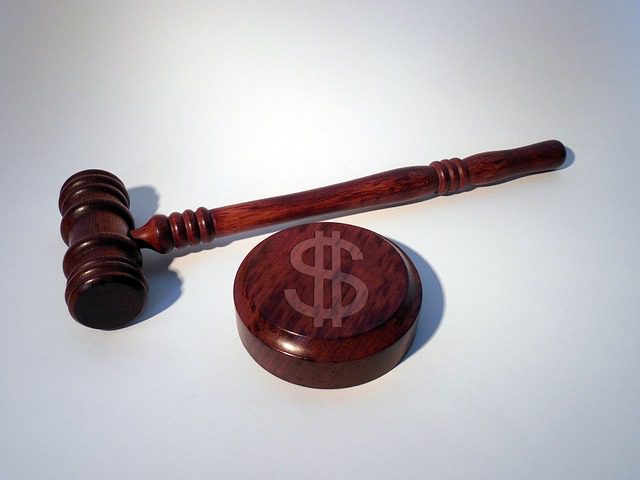
The penalties for HIPAA violations can be significant and can result in both civil and criminal penalties. The specific penalties that may be imposed depend on the nature and severity of the violation.
Civil penalties for HIPAA violations can range from $100 to $50,000 per violation, with an annual cap of $1.5 million for identical violations. These penalties may be imposed by the Department of Health and Human Services (HHS) Office for Civil Rights (OCR), which is responsible for enforcing HIPAA regulations.
The OCR may impose civil penalties for a wide range of HIPAA violations, including failures to provide individuals with access to their medical records, failures to conduct required risk assessments, and failures to implement required privacy and security safeguards.
In addition to civil penalties, individuals who knowingly obtain or disclose Protected Health Information (PHI) without authorization may face criminal penalties under HIPAA. Criminal penalties can include fines and imprisonment, with the severity of the penalty depending on the nature and extent of the violation.
It is important for covered entities, such as healthcare providers and health plans, and their business associates to take HIPAA compliance seriously and to implement appropriate administrative, physical, and technical safeguards to protect PHI from unauthorized access, use, or disclosure. By doing so, covered entities can reduce the risk of HIPAA violations and the associated penalties.
How HIPAA Compliance Affects Medical Coding?
HIPAA compliance has a significant impact on medical coding. Medical coding is the process of translating medical diagnoses and procedures into codes that can be used for billing and reimbursement purposes. As part of this process, medical coders frequently handle Protected Health Information (PHI), which is subject to strict privacy and security requirements under HIPAA.
Medical coders must comply with the HIPAA Privacy Rule, which requires them to protect the confidentiality of PHI and to only use and disclose PHI as permitted by law or as authorized by the individual. This means that medical coders must ensure that PHI is not disclosed to unauthorized individuals or entities, and must take steps to safeguard PHI against unauthorized access or use.
Medical coders must also comply with the HIPAA Security Rule, which requires covered entities to implement administrative, physical, and technical safeguards to protect electronic PHI (ePHI) from unauthorized access, use, or disclosure. This means that medical coders must ensure that ePHI is stored securely and that appropriate access controls are in place to limit access to ePHI to authorized individuals.
Failure to comply with HIPAA regulations can result in significant penalties, including civil monetary penalties and criminal penalties, as well as damage to an organization’s reputation. As a result, it is critical for medical coders to understand their obligations under HIPAA and to take steps to ensure compliance with the applicable requirements.
In summary, HIPAA compliance is critical to the practice of medical coding. Medical coders must comply with the HIPAA Privacy Rule and Security Rule in order to protect the confidentiality and security of PHI, and to avoid the significant penalties associated with noncompliance.
HIPAA-Compliant Medical Coding Procedures
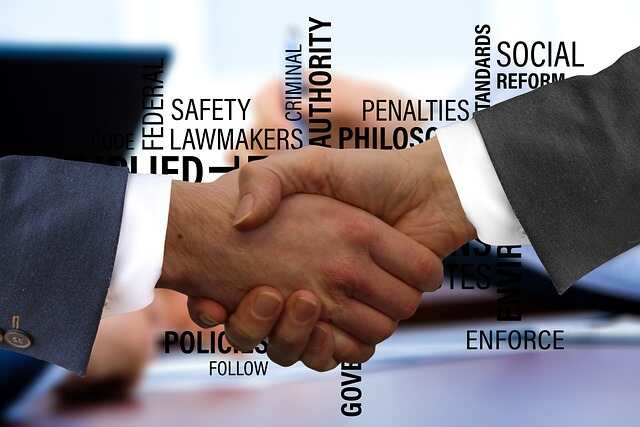
Medical coding procedures must be conducted in a HIPAA-compliant manner in order to protect the privacy and security of Protected Health Information (PHI).
The following are some key steps that medical coders can take to ensure that their coding procedures are HIPAA-compliant:
Obtain proper training
Medical coders should receive training on HIPAA regulations and how they apply to medical coding. This can help coders understand their responsibilities under HIPAA and how to comply with the applicable requirements.
Use secure coding systems
Medical coders should use secure coding systems that are designed to protect the confidentiality and security of PHI. This can include using software with appropriate access controls and encryption, and ensuring that systems are regularly updated to address any security vulnerabilities.
Implement appropriate access controls
Medical coders should ensure that only authorized individuals have access to PHI. This can include limiting access to coding systems and PHI on a need-to-know basis, and using secure passwords and other authentication measures to verify the identity of users.
Protect electronic PHI
Medical coders must implement appropriate technical safeguards to protect electronic PHI, such as using firewalls, antivirus software, and encryption to prevent unauthorized access or disclosure.
Implement physical safeguards
Medical coders should take steps to physically protect PHI, such as storing hard-copy medical records in a secure location and limiting access to such records to authorized individuals only.
Conduct regular risk assessments
Medical coders should conduct regular risk assessments to identify potential security risks and vulnerabilities, and to implement appropriate measures to mitigate those risks.
By following these HIPAA-compliant medical coding procedures, medical coders can help ensure that PHI is protected from unauthorized access, use, or disclosure. This can help prevent HIPAA violations and the associated penalties, as well as safeguard patient privacy and confidentiality.
HIPAA Compliance and Medical Coding Training
Training on HIPAA compliance and medical coding is essential for ensuring that medical coders are able to comply with the applicable regulations and protect the privacy and security of Protected Health Information (PHI).
The following are some key topics that should be covered in HIPAA compliance and medical coding training:
Overview of HIPAA regulations
Training should provide an overview of the HIPAA Privacy Rule and Security Rule, including the requirements for protecting the confidentiality and security of PHI.
Medical coding standards
Training should cover the standards for medical coding, including the use of specific code sets and the proper documentation of medical diagnoses and procedures.
Privacy and security policies and procedure
Training should cover the privacy and security policies and procedures that medical coders must follow to ensure HIPAA compliance. This can include policies and procedures for safeguarding PHI, ensuring appropriate access controls, and reporting security incidents or breaches.
Risk assessments
Training should cover the process of conducting regular risk assessments to identify potential security risks and vulnerabilities and implement appropriate measures to mitigate those risks.
Best practices for handling PHI
Training should cover best practices for handling PHI, including how to properly store and transmit PHI, how to limit access to PHI on a need-to-know basis, and how to ensure that PHI is properly disposed of when no longer needed.
Consequences of non-compliance
Training should cover the potential consequences of noncompliance with HIPAA regulations, including civil monetary penalties and criminal penalties.
By providing training on these key topics, medical coders can develop a strong understanding of their responsibilities under HIPAA and how to ensure compliance with the applicable requirements. This can help prevent HIPAA violations and the associated penalties, as well as safeguard patient privacy and confidentiality.
Challenges to HIPAA Compliance and Medical Coding
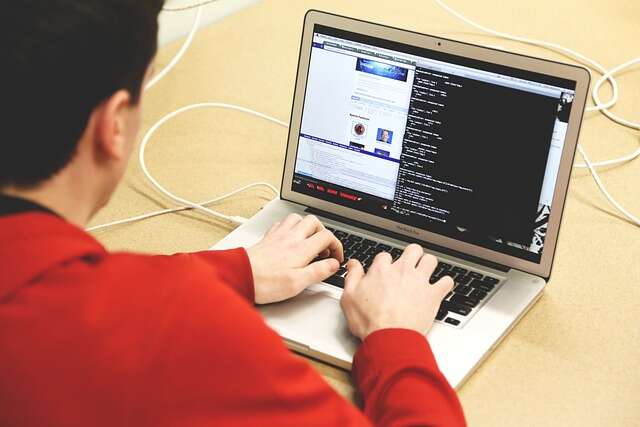
HIPAA compliance and medical coding can be challenging due to a variety of factors. The following are some common challenges that medical coders may face when attempting to comply with HIPAA regulations:
Technological advancements
Technological advancements in healthcare have created new challenges for HIPAA compliance and medical coding. For example, the increased use of electronic health records (EHRs) and telemedicine has raised new privacy and security concerns that must be addressed.
Human error
Human error can be a significant challenge to HIPAA compliance and medical coding. This can include mistakes in coding or documentation, as well as unintentional breaches of PHI due to lack of training or awareness.
Third-party vendors
Medical coders may work with third-party vendors, such as billing companies or coding services, which can create additional challenges for HIPAA compliance. It is important to ensure that these vendors are also HIPAA-compliant and that appropriate safeguards are in place to protect PHI.
Changing regulations
HIPAA regulations are subject to change, which can create challenges for medical coders in keeping up with the latest requirements and ensuring compliance.
Limited resources
Medical coders may face limited resources, such as time or budget, which can make it difficult to implement necessary security measures or to conduct regular risk assessments.
Increased scrutiny
HIPAA compliance has become an increasingly important issue in recent years, with increased scrutiny and enforcement efforts by regulatory agencies. This can create additional pressure for medical coders to ensure that they are in compliance with all applicable regulations.
By being aware of these challenges and taking appropriate measures to address them, medical coders can help ensure that they are able to comply with HIPAA regulations and protect the privacy and security of PHI. This can help prevent HIPAA violations and the associated penalties, as well as safeguard patient privacy and confidentiality.
Conclusion
HIPAA compliance is critical in medical coding to protect the privacy and security of patient information. Medical coders must adhere to the HIPAA Privacy Rule and Security Rule to ensure that all PHI is handled appropriately and safeguarded against unauthorized access, use, or disclosure.
While there are challenges to achieving HIPAA compliance in medical coding, including technological advancements, human error, changing regulations, limited resources, and increased scrutiny, it is essential that medical coders remain vigilant and takes appropriate measures to address these challenges.
This can include undergoing HIPAA compliance training, implementing appropriate security measures, conducting regular risk assessments, and staying up-to-date with the latest regulations and best practices. By prioritizing HIPAA compliance in medical coding, medical coders can help safeguard patient privacy and confidentiality and avoid the potential consequences of HIPAA violations.
The benefits of medical coding for healthcare providers
What Are HCPCS Codes and How Are They Used in Medical Coding?

